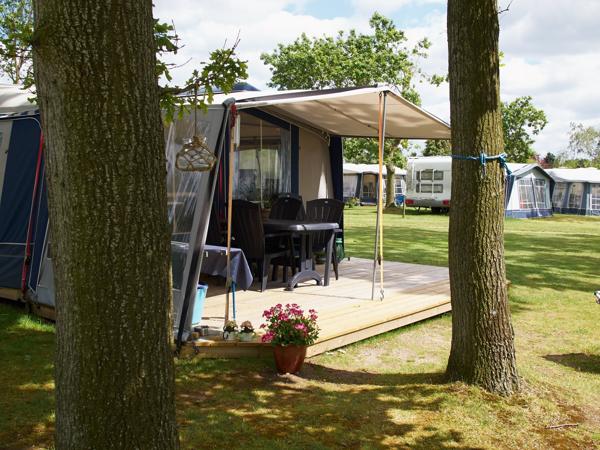As more campers embrace sustainable living, increasing attention is directed toward eco-friendly gear, including navigation tools. One of the exciting products making waves in the realm of campsite technology is the solar-powered GPS device. These nifty gadgets harness solar energy to keep you on track while minimizing environmental impact.
Why Go Solar with GPS?
Solar-powered GPS devices offer a self-sustaining way to navigate the great outdoors. Here are some reasons why campers are choosing these devices:
- Eco-Friendly: By utilizing solar energy, these devices reduce reliance on disposable batteries and non-renewable resources.
- Extended Use: The ability to recharge using sunlight provides more prolonged usability, especially on multi-day trips.
- Convenience: Without the need to carry extra batteries or find power outlets, these devices simplify packing and planning.
How Do Solar-Powered GPS Devices Work?
These GPS devices are equipped with integrated solar panels that collect sunlight and convert it into electrical energy. This energy is stored in built-in rechargeable batteries, keeping the device powered even when the sun isn’t shining.
Some advanced models come with dual charging options, allowing conventional USB charging alongside solar power for quicker recharging when necessary.
Features to Consider
When selecting a solar-powered GPS device, consider the following features to ensure it meets your camping needs:
- Solar Efficiency: Look for devices with high-efficiency solar panels to ensure they can quickly gather and convert sunlight.
- Battery Capacity: A larger battery will provide longer operational hours when the sun isn’t accessible.
- Durability: Choose a device with robust, weather-resistant housing to endure the challenges of outdoor adventures.
- User Interface: An intuitive and easy-to-read display is essential for seamless navigation.
Popular Models on the Market
Several solar-powered GPS devices stand out for their functionality and reliability. Here are a few worth noting:
- Garmin inReach Mini 2 Solar: A compact unit known for its lightweight design, featuring satellite communication for remote areas.
- Goal Zero Nomad 10 Plus: While primarily a solar panel, it comes with a GPS module offering navigation capabilities.
- Bushnell BackTrack Solar: Simple in design, this device tracks waypoints using solar power, suitable for casual hikers.
Best Practices for Using Solar-Powered GPS Devices
Maximize the benefits of your solar-powered GPS by following these tips:
- Positioning: When stopping for breaks or setting up camp, place the device in direct sunlight to ensure optimal charging.
- Maintenance: Keep the solar panels clean and free from debris to maintain efficiency.
- Plan Ahead: Understand the area you’ll be navigating to avoid potential coverage issues.
For more information about sustainable camping gear and technology, platforms like OutdoorGearLab provide valuable insights and detailed reviews on a variety of equipment, ensuring you make informed choices tailored to your outdoor needs.
Embracing solar-powered GPS devices on your camping adventures aligns both practicality and sustainability, enabling you to enjoy the beauty of the wilderness while being mindful of your environmental footprint.




